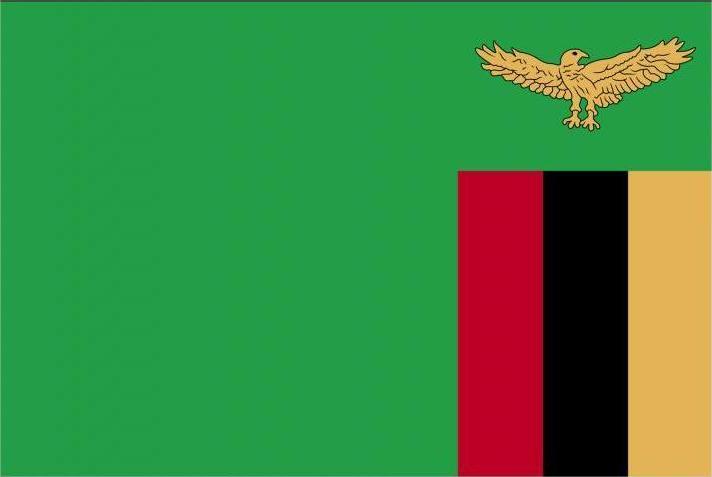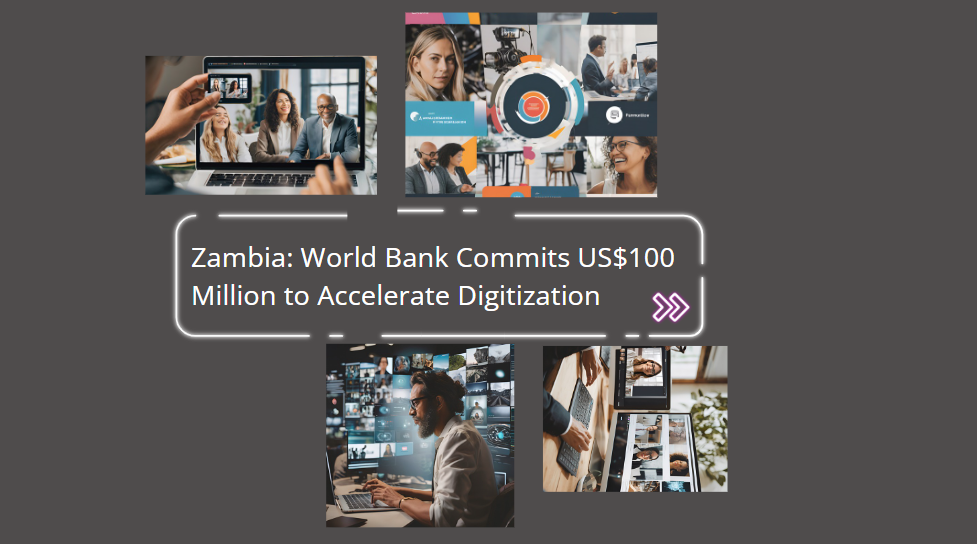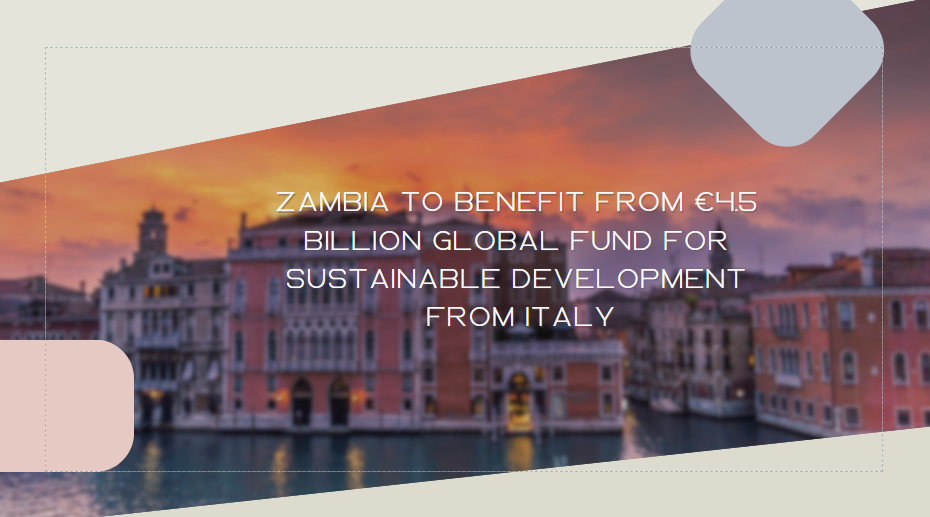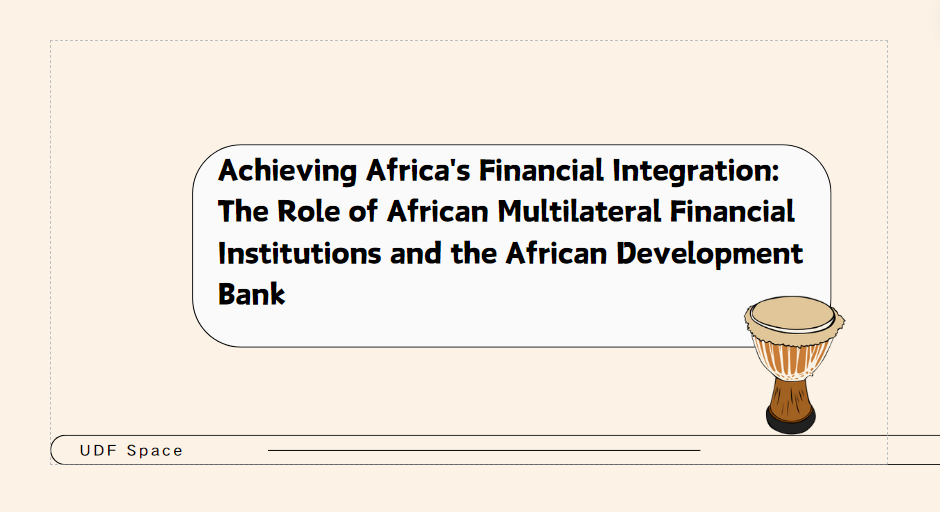UNECA calls for reform of the global financial system to address Africa's financing challenges
THE United Nations Economic Commission for Africa (UNECA) has called upon countries to explore reforms to the common debt relief framework to better address rising high indebtedness in Africa.
During a joint press briefing on the margins of the recently concluded 2024 High Level Political Forum (HLPF) in New York, UNECA Executive Secretary Claver Gatete highlighted the challenges of accessing financing for the continent's priorities, “especially the concessional funds that are long term and cheaper.”
Mr. Gatete said, “the reform of the global financing system is urgent, as it can mitigate access to critical resources needed for the implementation of the SDGs.”
He noted that from 2010 to 2023, Africa's debt increased by 192 percent according to data by the African Development Bank stating: “African countries are paying US$163 billion per year with an external debt stock of US$1.1 trillion. This increase is the highest we have ever seen.”
“This means that by paying the debt, countries have very little room to implement the SDGs and the next 10-year program of the African Union,” he added.
Mr. Gatete pointed out the need for domestic resource mobilization in Africa to tackle illicit financial flows and improve taxation. He also emphasized the importance of developing capital markets to provide long-term resources as part of private sector engagement in Africa.
Furthermore, noted Gatete, there are opportunities in restructured green, blue and sustainability linked bonds that can attract more investors to fund climate-related solutions.
ECA, he said, is working with countries to strengthen domestic resource mobilization, such as through capital markets to improve self-financing and financial sustainability in Africa.
He also stressed the need to increase fiscal space and address interrelated issues, such as peacebuilding and conflict prevention and the involvement of the youth in sustainable development processes to ensure long term progress.
And Head of the UN-HQ based Office of the Special Adviser on Africa (OSAA) Christina Duarte said Sustainable Development Goals implementation is off track and only 12 percent of the 140 targets have been delivered.
“We need to understand the root causes of the financing challenges we face on the continent and the focus should be on sustainable financing and institutional strengthening in Africa to build resilience,” Ms Duarte said.
She highlighted the importance of long-term solutions such as tackling economic and financial flows to address Africa's debt distress and deliver on the sustainable development goals.
The HLPF Africa Day is aimed at highlighting key issues stemming from the Africa Regional Forum on Sustainable Development (ARFSD) and other major consultations.
The joint briefing showcases how the African Union (AU), the UN Office of the Special Adviser on Africa (OSAA) and ECA work together to support African member states in implementing the SDGs and the African Union's Agenda 2063.
The High-level Political Forum on Sustainable Development (HLPF) pulls together member states from around the world to forge pathways to accelerate the implementation of the SDGs, drawing on regional and local dimensions and experiences that foster resilience and innovative solutions.
Countries present their Voluntary National Reviews (VNR) at the HLPF.
They also look at global trends and their impact on the implementation process. For the first time, South Sudan presented its VNR, highlighting efforts to mitigate the challenges of implementing the SDGs.





















































First, please LoginComment After ~